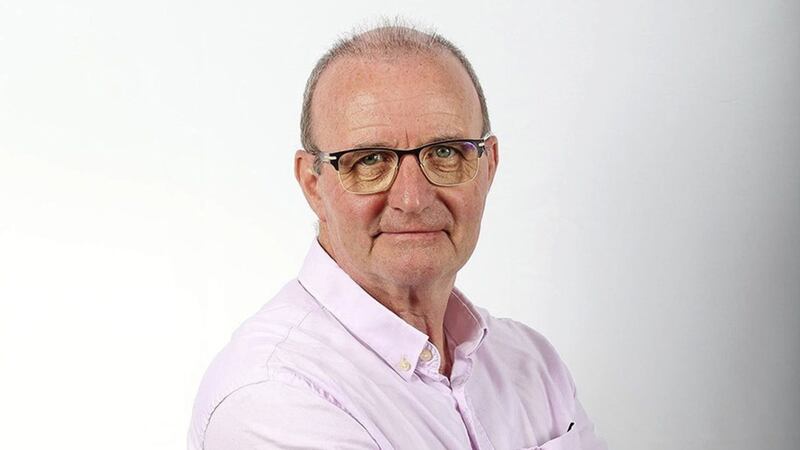As the old year ends and the new one begins today the debate about the constitutional future of Ireland as an independent country continues apace.
The source of the newly found momentum and interest about Ireland’s future is of course Brexit and December’s general election, dubbed the Brexit election, produced a result which spurred on the debate.
The Remain vote was 56 per cent and the pro-Brexit unionist vote was 43 per cent.
This reflected the 2016 Remain result in the north – the wellspring of the emergence of the new and unprecedented political mood among Remain parties and some unionist and Protestant voices willing to debate Ireland’s future, unconditionally.
The election result means that for the first time since partition, one hundred years ago, unionist parties are a minority in all democratically elected institutions in the north: council, Assembly, Westminster and Europe.
The election result in North Belfast – more than any other constituency - embodies the fundamental change under way inside the north’s body-politic.
The defeat of the DUP’s Nigel Dodds by Sinn Féin’s John Finucane is seismic in terms of its psychological impact on ‘top-dog’ unionism that Dodds characterised in so many ways.
It is over for Dodds and his brand of unionism. He has spurned the assembly (his wife Diane, instead, having been co-opted into the seat vacated by Carla Lockhart) though undoubtedly he expects to be called to the Lords.
Whether a more pragmatic mainstream brand of unionist thinking emerges from the defeat of Dodds time will tell.
It will be needed if the Assembly is to be re-established on a new and credible basis – a basis which reflects the politics of the Remain vote as well as support for the DUP.
At a practical level the result dramatically heralds the arrival, in the public domain, of the impact of the north’s growing nationalist population.
This growing trend is understandably driving the demand for a unity-border poll but there is another immediate and complementary imperative at work in this population shift, especially when it is set in the wider context of the politics of the Remain constituency.
And that is reflected in the results in North, South and East Belfast, where parties stood aside and where electors tactically voted.
The result in Fermanagh South Tyrone, where Michelle Gildernew held the seat by 57 votes, affirms the need for the same tactical approach that was adopted in the other three constituencies.
December’s election result should instil the need for a new approach by all Remain parties to future elections – especially Assembly and Westminster.
The objective of such an approach should be to ensure the election of representatives who are progressive, inclusive and respectful of all political and personal views and who wish to see Ireland’s future, at a minimum, inside the EU and who are open to discuss Ireland’s future as an independent nation.
The changes that are under way in the north are also impacting on the partitionist landscape in the south where vested interests there are as dogged in their determination to block progress to a new, shared and independent Ireland as unionists are in the north.
But there too are signs of significant change in the past year. The Ireland’s Future group’s letter of one thousand signatures calling on the taoiseach to establish a Citizens Assembly was a welcome and positive contribution to the national debate for change.
A few days before Christmas An Taoiseach Leo Varadkar spoke about the significance of unionist parties being a minority, and of the acceptance of 50 per cent plus one being the basis of democratic constitutional change in the north.
Four Fianna Fáil TDs variously spoke about the need for a national debate about the future, including a unity border poll, while Micheál Martin banged an ‘obsolete drum’ about now not being the right time for any kind of debate about the future.
George Osborne, Chancellor of the Exchequer in David Cameron’s cabinet and Jonathan Powell, special adviser to then Prime Minister Tony Blair, added their voices to the debate when they spoke about a united Ireland happening within five-to-ten years.
There is a groundswell of opinion growing about the need for a new and shared Ireland.
It has not yet reached the tipping point of being an irreversible momentum but it is close to arriving at that point of departure.








